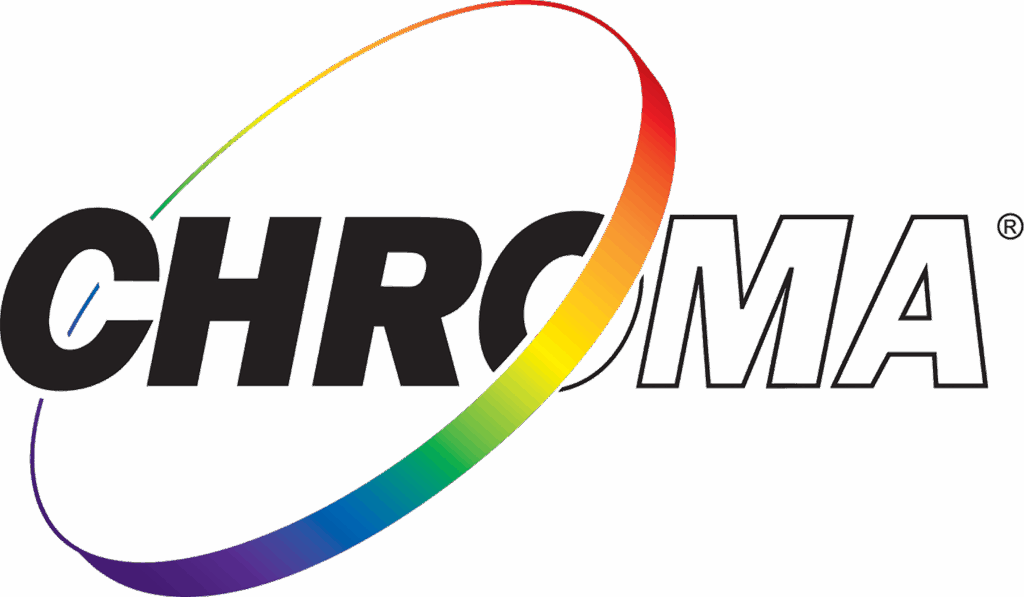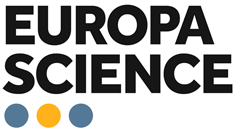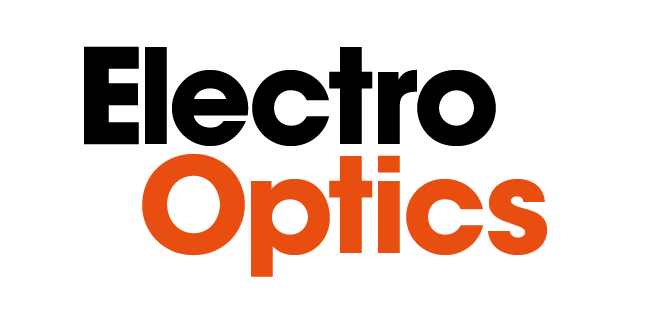Smart Publishing
Strategic Marketing
Results That Matter
At Europa Science, we deliver targeted marketing solutions that drive engagement, generate leads, and build authority in specialist science and technology sectors.
From content marketing and lead generation to panel discussions and live events, we help brands reach technical audiences with precision and purpose.
Our Global Reach
We connect with leading science and technology brands worldwide through our impressive global reach
123K
Global
Users
36K
Newsletter Subscribers
18K
Social
Followers
Turn insight into impact
At Europa Science, we transform data into strategy, strategy into campaigns, and campaigns into measurable results.
From precision targeting to ongoing optimisation, we help you reach the right audience, at the right time – with content that converts.
Discover how we deliver smarter marketing for science and technology brands.

Our Brands…
Hear What Our Clients Say…

“It was great to partner with Imaging & Machine Vision Europe on the Visionaries project in 2024. As its platinum partner, we worked with the brand on a roundtable with many inspiring participants, and created a successful White Paper from that work.”
Tom Lambert
Technical Marketing Lead, Zebra Technologies

“Electro Optics is a fantastic partner—creative, flexible, and fun to work with. They consistently bring new and innovative ideas to the table, adding real value to the photonics community. Through initiatives like the Photonics100, they go beyond content to build community, making every collaboration both impactful and rewarding.”
Jennifer Lee
Director of Marketing, Chroma Technology
Partner with us
If you would like to partner with us or find more information on our services, please get in touch below.




